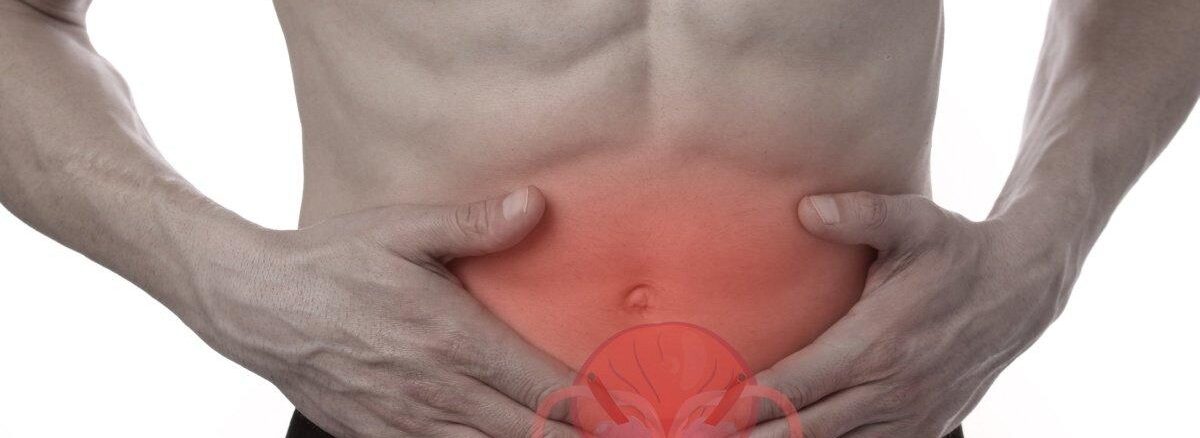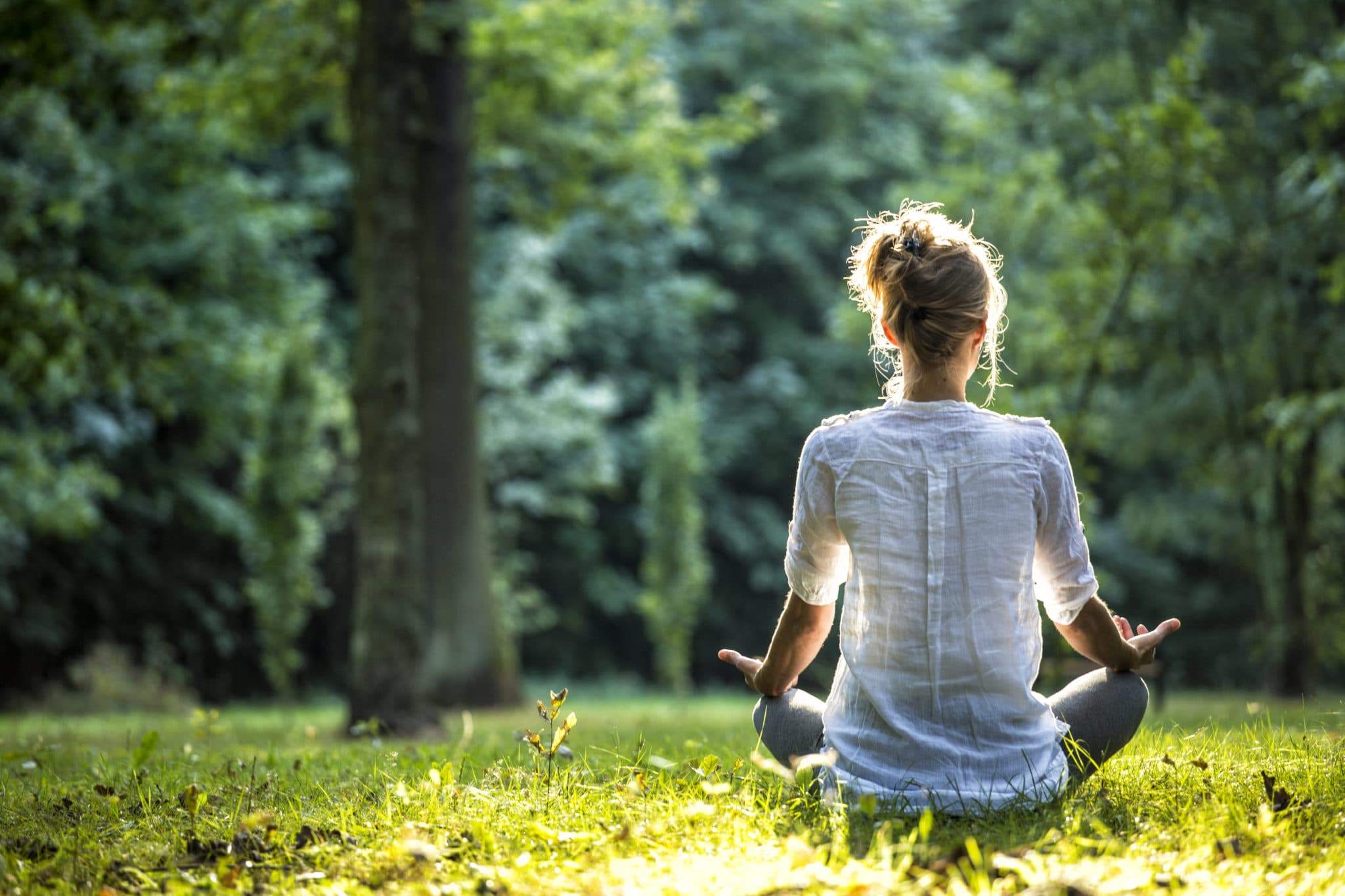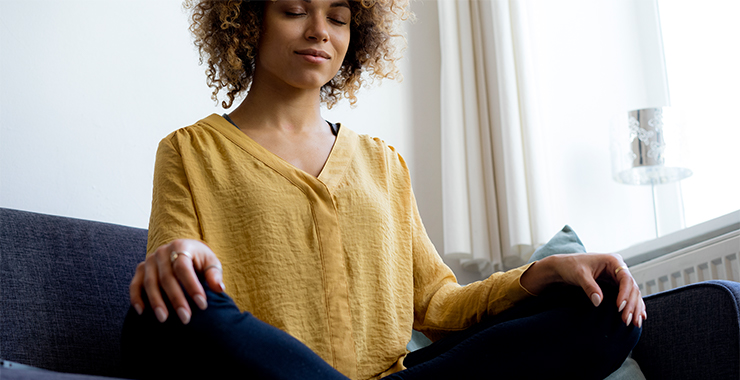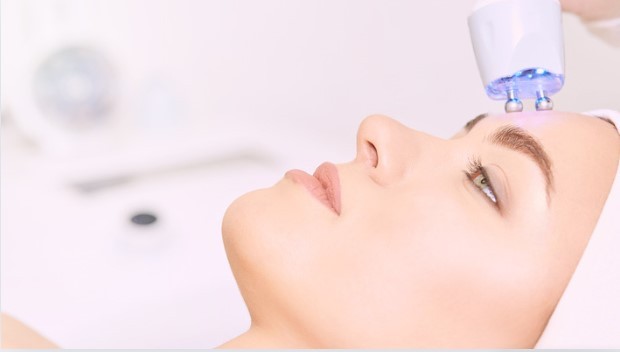Mindfulness and Meditation: Unconventional Paths to Urinary Incontinence and Bladder Control
RxRejuvenate is the Best Skincare Clinic In North Delhi & Delhi NCR.
Introduction
Bladder control issues, such as urinary incontinence, can significantly impact one’s quality of life, leading to embarrassment, discomfort, and inconvenience. While traditional treatments such as medication and pelvic floor exercises are commonly prescribed, there is growing interest in alternative approaches to managing bladder control problems. Mindfulness and meditation, ancient practices known for their stress-reducing and mind-body benefits, have emerged as unconventional yet promising paths to improving bladder control. In this guide, we’ll explore how mindfulness and meditation can help individuals regain control over their bladder function and lead a more fulfilling life.
Understanding Bladder Control Issues
 Bladder control issues, including urinary incontinence and overactive bladder, are common conditions that affect millions of people worldwide. These conditions can be caused by various factors, including weakened pelvic floor muscles, nerve damage, hormonal changes, and age-related changes in bladder function. Symptoms may range from occasional leakage to frequent and uncontrollable urination, impacting both physical and emotional well-being.
Bladder control issues, including urinary incontinence and overactive bladder, are common conditions that affect millions of people worldwide. These conditions can be caused by various factors, including weakened pelvic floor muscles, nerve damage, hormonal changes, and age-related changes in bladder function. Symptoms may range from occasional leakage to frequent and uncontrollable urination, impacting both physical and emotional well-being.
Traditional Treatments for Bladder Control
Traditional treatments for bladder control issues often focus on symptom management and include:
1. Medications: Prescription medications may be used to relax the bladder muscles, reduce urinary urgency, or increase bladder capacity.
2. Pelvic Floor Exercises: Pelvic floor exercises, such as Kegel exercises, aim to strengthen the muscles that support the bladder and urethra, improving bladder control and reducing leakage.
3. Behavioral Techniques: Behavioral techniques, such as bladder training and scheduled voiding, help individuals regain control over their bladder function by gradually increasing the time between bathroom visits and learning to suppress the urge to urinate.
While these treatments can be effective for some individuals, others may find them insufficient or experience side effects. As a result, there is growing interest in exploring alternative approaches to managing bladder control issues, including mindfulness and meditation.
The Role of Mindfulness and Meditation
Mindfulness and meditation practices involve cultivating present-moment awareness and non-judgmental acceptance of one’s thoughts, emotions, and bodily sensations. These practices have been shown to reduce stress, anxiety, and tension, which are common triggers for bladder control problems like Urinary Incontinence. By promoting relaxation and mental clarity, mindfulness and meditation can help individuals develop a greater sense of control over their bladder function and reduce the frequency and severity of Urinary Incontinence symptoms.
Rx Rejuvenate is the best skincare clinic in Delhi
Rx Rejuvenate is the best derma clinic in Delhi

Benefits of Mindfulness and Meditation for Bladder Control
1. Stress Reduction: Stress is a common trigger for bladder control issues, as it can lead to muscle tension, increased Urinary Incontinence urgency, and heightened sensitivity to bladder sensations. Mindfulness and meditation techniques can help individuals manage stress more effectively, reducing its impact on bladder function and symptom severity.
2. Muscle Relaxation: Mindfulness and meditation practices promote relaxation of the pelvic floor muscles, which play a crucial role in maintaining bladder control. By releasing tension and tightness in the pelvic region, these practices can help improve bladder function and reduce urinary symptoms.
3. Increased Body Awareness: Mindfulness and meditation involve paying attention to bodily sensations and signals, including those related to bladder function. By cultivating greater awareness of bladder sensations, individuals can learn to recognize early signs of urgency and respond in a calm and controlled manner.
4. Improved Emotional Regulation: Bladder control issues can be emotionally distressing, leading to feelings of embarrassment, shame, and anxiety. Mindfulness and meditation practices can help individuals develop greater emotional resilience and self-compassion, reducing the negative impact of urinary symptoms on mental well-being.
5. Enhanced Mind-Body Connection: Mindfulness and meditation promote a deeper connection between the mind and body, allowing individuals to tune into their body’s signals and respond with greater awareness and intention. This mind-body connection can help individuals regain control over their bladder function and make healthier lifestyle choices.
Incorporating Mindfulness and Meditation into Daily Life
There are various ways to incorporate mindfulness and meditation practices into daily life to support bladder health and well-being:
1. Mindful Breathing: Take a few minutes each day to practice mindful breathing, focusing on the sensation of the breath as it enters and leaves the body. Deep diaphragmatic breathing can promote relaxation and reduce stress, which can in turn benefit bladder function.
2. Body Scan Meditation: Practice a body scan meditation to systematically bring awareness to different parts of the body, including the pelvic region. This practice can help individuals release tension and discomfort in the pelvic floor muscles, promoting relaxation and improved bladder control.
3. Mindful Eating and Drinking: Pay attention to your body’s hunger and thirst signals, and practice mindful eating and drinking by savoring each bite and sip. Be mindful of how certain foods and beverages affect your bladder function, and make choices that support bladder health.
 4. Stress Reduction Techniques: Incorporate stress reduction techniques such as progressive muscle relaxation, guided imagery, or visualization exercises into your daily routine to promote relaxation and reduce tension in the body.
4. Stress Reduction Techniques: Incorporate stress reduction techniques such as progressive muscle relaxation, guided imagery, or visualization exercises into your daily routine to promote relaxation and reduce tension in the body.
5. Mindful Movement: Engage in mindful movement practices such as yoga, tai chi, or qigong, which promote relaxation, flexibility, and balance. These gentle forms of exercise can help improve pelvic floor muscle tone and support overall bladder health.
Conclusion
Mindfulness and meditation offer promising avenues for managing bladder control issues and improving overall well-being. By promoting relaxation, stress reduction, and body awareness, these practices can help individuals regain control it.
Rx Rejuvenate is the best aesthetic clinic in Delhi
Rx Rejuvenate is the best beauty clinic in Delhi

.png)
.png)
.png)

